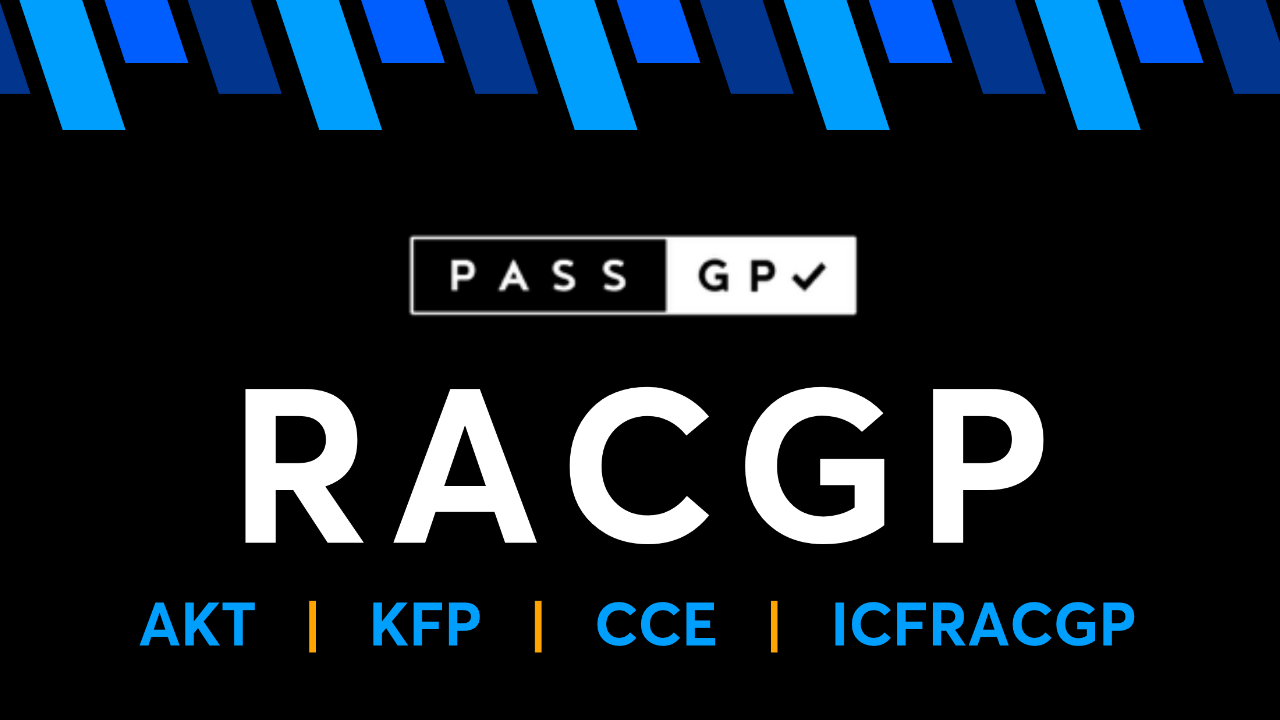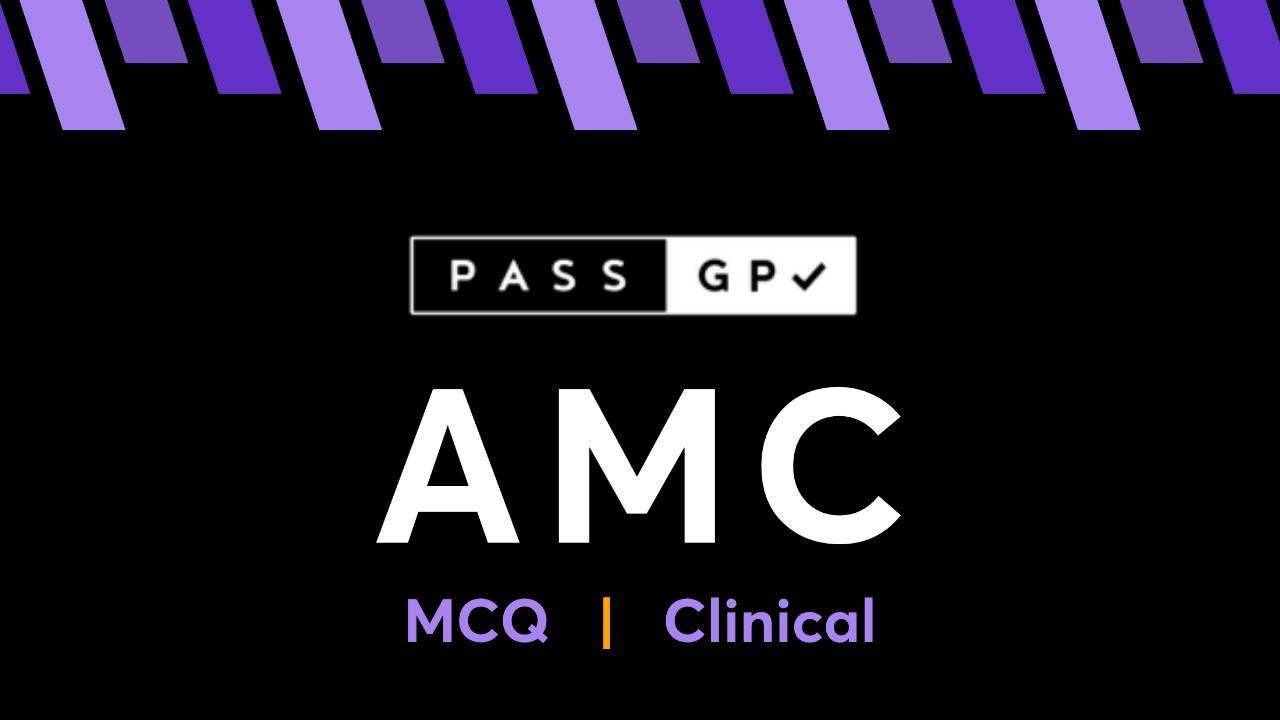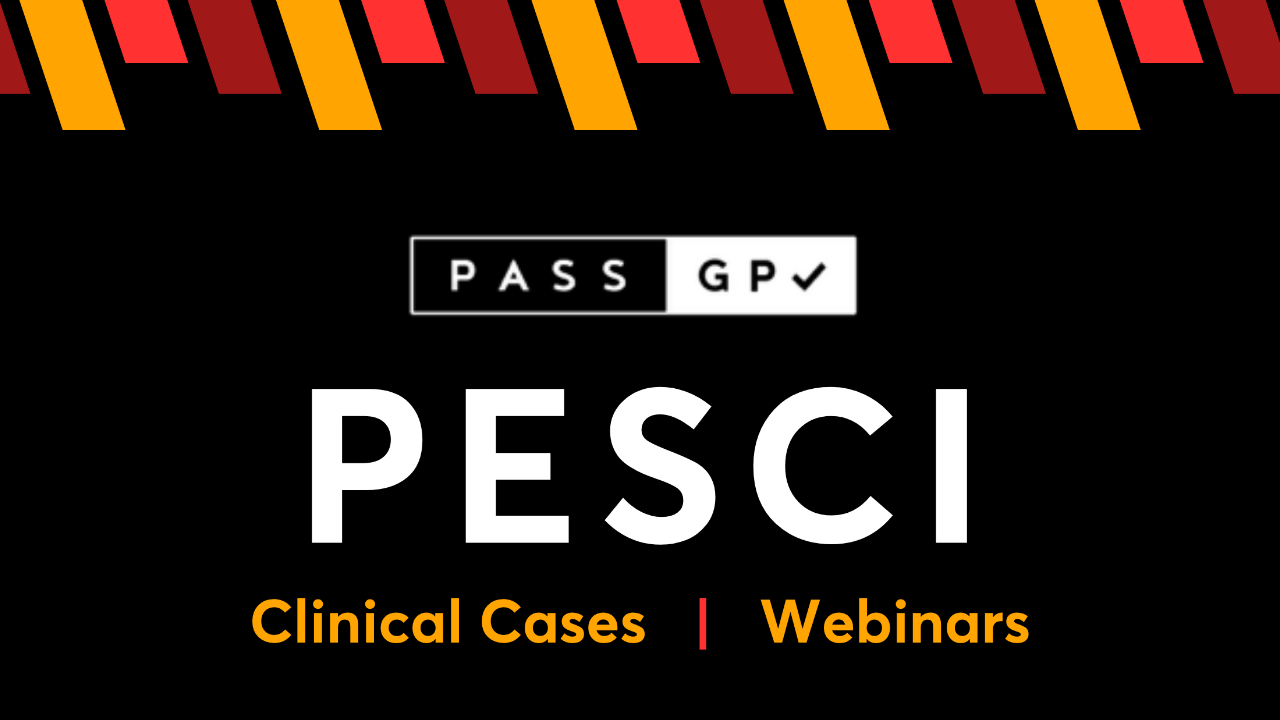What Is a General Practice Nurse? Understanding Their Role in Australian Primary Care
Jul 12, 2025
Primary Care
As general practice continues to evolve, so too does the team that supports it. While doctors often take the spotlight, general practice nurses (GPNs) are the backbone of many Australian clinics, providing essential care, coordination, and chronic disease support.
For GP registrars and International Medical Graduates (IMGs), understanding how to work effectively with practice nurses is vital — not only for patient outcomes, but for exam scenarios, clinical handover, and day-to-day efficiency.
Let’s unpack the role of the general practice nurse in 2025.
Who Are General Practice Nurses?
General practice nurses (GPNs) are registered nurses (RNs) or enrolled nurses (ENs) who work in community general practices alongside GPs.
They are distinct from hospital-based nurses and are specially trained to support preventative, chronic, and primary care within a community setting.
Common Qualifications
- Registered Nurse (RN) with AHPRA registration
- Additional experience or training in:
- Immunisation
- Chronic disease management
- Cervical screening
- Mental health or Aboriginal and Torres Strait Islander health
What Do General Practice Nurses Do?
The role of a general practice nurse is broad and expanding. Depending on the clinic, they may be involved in:
Clinical Activities
- Immunisations
- Wound care and dressings
- ECGs, spirometry, and vital signs
- Cervical screening and Pap smears
- INR and blood glucose monitoring
- Infection control and cold chain management
Chronic Disease Management
- Contributing to GP Management Chronic Condition Management Plans (GPCCMP)
- Health assessments (e.g. >75 years, Aborginal and Torres Strait Islander patients, 45–49-year-old check)
- Diabetes cycle of care
- Smoking cessation counselling
- Asthma Action Plans
Coordination and Administration
- Triage and urgent care planning
- Preventative screening recall systems
- Care navigation for vulnerable patients
- Support for My Health Record and eHealth updates
How Do GPNs Collaborate With GPs?
An effective GP–nurse relationship is built on trust, delegation, and shared care. In practical terms:
- Nurses often initiate care plans, gather data, and pre-fill documentation
- They help flag red flags and escalate clinical concerns quickly
- They offer continuity for patients, especially in chronic illness or frailty
Many registrars describe GPNs as their "eyes and ears" in the clinic — helping spot deterioration or psychosocial risks that might otherwise be missed.
Why This Matters for GP Registrars and IMGs
In RACGP and ACRRM exams, you may be tested on:
- Multidisciplinary care plans
- Delegation and task sharing
- Legal and documentation boundaries
- Using nursing input in consultations or home visits
Being able to say:
“I would ask our practice nurse to initiate the GPMP and gather the clinical metrics before I review it.”
…is often more appropriate than trying to do it all yourself.
Where Do GPNs Work?
- Privately owned general practices (majority)
- Aboriginal Medical Services
- Community health centres
- Corporate medical groups
Some are employed directly by the clinic, others through Primary Health Networks or government grants.
How PassGP Prepares You for Multidisciplinary Care
At PassGP, our mock exams, especially KFP and CCE formats, incorporate scenarios that require candidates to:
- Delegate to nursing or allied health appropriately
- Refer to GPMP/TCAs or preventative screening protocols
- Handle time management through nurse-led initiatives
You’ll also find sample language and documentation strategies embedded in our exam-style model answers, ensuring you’re ready for both written and viva-style assessments.
As A/Prof George Eskander, our lead clinical editor and former RACGP National Examiner, puts it:
“Knowing when not to do something yourself is a mark of seniority — using the whole team is good medicine and good exam technique.”
Final Thoughts
General practice nurses are integral to safe, comprehensive, and team-based primary care in Australia.
Whether you’re preparing for Fellowship exams or simply building your skills in community medicine, understanding the role of GPNs — and how to collaborate with them — will make you a more effective and trusted GP.
Explore more exam-based content and join our community at PassGP







